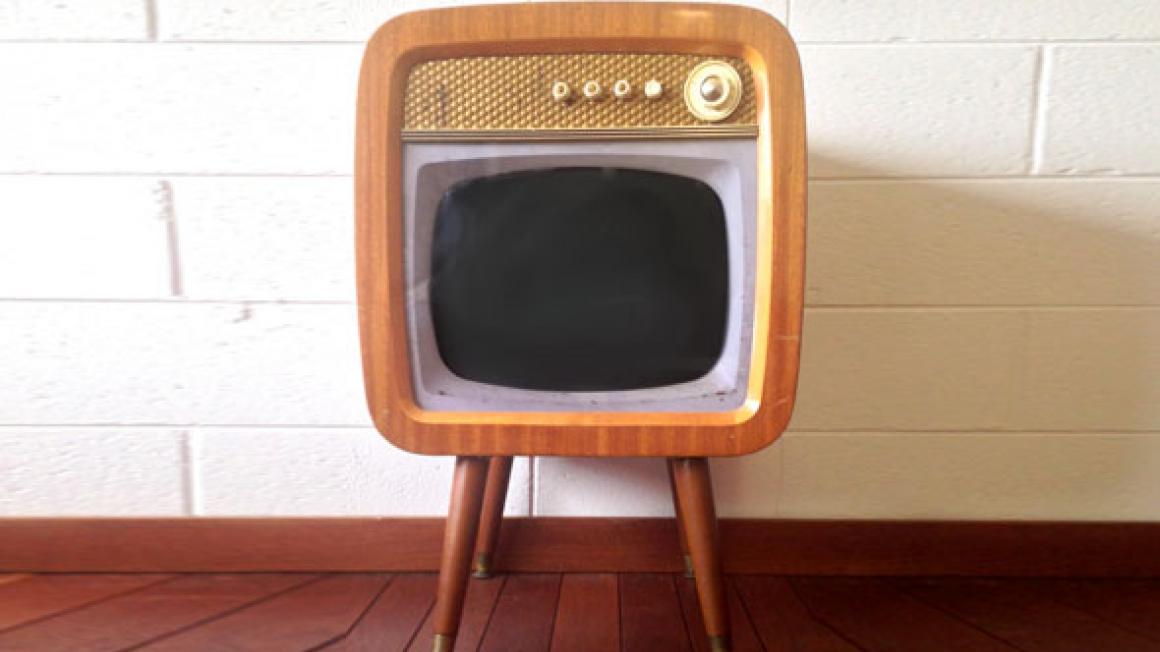Why I Tune In For The Credits
OK, I’d better quickly make it clear: I didn’t really have anything to do with Mr Tennant’s success, but this short film with Tennant does exist (and is worth seeking out on YouTube – it’s a delightful, sharp-scripted comedy) and I can be briefly glimpsed doing a very bad job of blending into the background.
But in an alternate universe where I actually had the talent to make a real contribution to a film, I think it would be reasonable to get some credit for what I’d done. Money’s fine, but in the circles of film and television makers, reputation is everything. What counts is seeing your name up on the screen.
OFFBEAT OCCUPATIONS
The credits matter to us viewers, too: how else would we know about such intriguing occupations as ‘best boy’, ‘gaffer’ or – my all-time favourite – ‘ant wrangler’ (now there’s an icebreaker when someone asks your job at dinner parties – and kudos to one Matt Dawson, who so faultlessly wrangled the ants for the 1998 film Pi).
There are other gems to look out for in the procession of names that end the film or show: the unheralded actor who would later go on to become an A-list star – yes, that really is Audrey Hepburn in the tiniest part in that classic Ealing comedy The Lavender Hill Mob, and though you might have blinked and missed them, everyone from Joanna Lumley to Martin Shaw once cut their teeth (as it were) on the cobblestones of Coronation Street. Or perhaps you simply want to savour the last few minutes, as the music plays and you digest all you’ve seen.
WHAT’S THE RUSH?
However, all this seems to pass by TV’s powers that be. Rather in the manner of a restaurateur eager to rush out the last customers of the night, they rudely do all they can to hurry things along without any regard for the poor viewer. Sometimes the credits rush by at a speed that even a gifted savant would struggle to read.

Or a nauseatingly chirpy programme announcer pipes up over the last few moments to tell us what’s coming up next – a tap dancer at a funeral couldn’t do any more to break the mood. And then there’s that particular display of sheer contempt for both the show and those of us watching: shrinking the image to accommodate a trailer alongside it, as if the closing sequence is barely to be tolerated.
Why the rush? Is it the ever more ADHD-like state of our culture, in which the constant flitting encouraged by the mobile phone means that the schedulers cannot conceive that we might want to lovingly linger over a show? Are they terrified that we might – horror of horrors – switch over to the other side? Or could it simply be a way for the suits in their corporate offi ces who pull the strings to show how little regard they have for the mere ‘creatives’ who actually make the programmes?
Still, I must admit there is an argument the other way. Look back to the classic films of Hollywood’s golden age and there was no messing around. Even if it was the biggest pictures with Clark Gable or Katharine Hepburn starring, the opening credits would roll at a heck of a pace: the title, top names in the cast, writer, producer, director and then straight into the story.
Endings were even more startling: take Gone With The Wind, still the biggest box office earner (in real terms) in movie history. After nearly four hours of epic drama, the camera pulls back from Vivien Leigh’s Scarlett O’Hara surveying the dappled clouds over the Tara plantation, and then up pops the legend: ‘The End – A Selznick International Picture’. Lights up and time to go.
But that was back in the days of the studio system, when the large army employed to make each film knew they’d never want for work and consequently had no need to get their name out there. Contrast that with any big-budget feature you might see at the cinema nowadays: the credits go on. And on. And on.
They even include the caterers – and the accountants. The accountants! The others I can understand – after all, these days everyone’s a freelancer – but surely when the financial whizzes studied all those long hours to pass their exams it wasn’t to have their name up in lights.
So here’s the deal. Let’s try and keep those names down to just the ones that those watching (who aren’t close relatives of, say, the third assistant catering manager) might care about.
Meanwhile, BBC and ITV and Channel 4 – show a little more patience and run the credits uninterrupted. Anything else and you might as well be a theatre manager bringing up the lights on the actors halfway through the curtain call. Or to put it another way – credit where it’s due.


